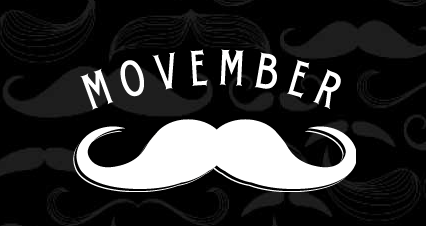Henry Pollock
What should’ve just been a typical high school baseball game has morphed into a controversy that has polarized many Chicagoans. On the night of Saturday April 27th, the Walter Payton baseball team was scheduled to travel to Roseland to play against Gwendolyn Brooks College Prep. I say “scheduled” because they did not play the game but instead cancelled it. When the story first broke, Payton’s head coach, William Wittleder, attributed the cancellation to Payton parents refusing to let their children go to Roseland at night. This initial explanation brings up some interesting questions.
A parent’s job is first and foremost to keep their children safe, right? If that were true, then it would make some sense that some parents were hesitant to let their kids travel to Roseland. Chicago is a big, dangerous city, and Roseland is not one of the safest parts of the town (according to Red Eye, there have been 117 murders in Roseland since January 1, 2007). Permitting your children to go there at night might not seem like the a practical idea for many. On the flip side, one has to wonder if this is a case of geographic (or, really, race and culture-based) discrimination. The area certainly has a bad reputation, but playing one baseball game at one of the top public schools in Chicago is unlikely to be fatal. It is embarrassing for both schools, not to mention the city as a whole, when the perception of certain neighborhoods is that they are so dangerous one can’t even play a game without getting shot. Whether or not it is too dangerous in Roseland at night to play a baseball game (a question every family must decide the answer to on their own), there is yet another issue inside this story.
Hours after the initial account of why the game was cancelled broke, both Payton and Brooks came out with official statements saying that the earlier reports were untrue. The game was cancelled because Payton families had not been informed of the game until the last minute, and were left without team transportation. It appears the media had seen what could become a juicy story and convoluted it into a dramatic account of real world racism. Walter Payton principle, Tim Devine, had some choice words, saying, “Obviously, the media chose to pick up the story and morphed it from issues completely internal to Payton’s baseball program and concocted it into something that it is not. The media did not seek comment from me Saturday night and published stories that had a gross misrepresentation of the facts.” This very damning accusation prompts a closer look at the trustworthiness of the media. It is easy to see their thought process—what will get more viewers: more problems with logistics at the CPS or an elite high school’s xenophobia unleashed over a simple baseball game? The lack of professionalism by the journalists covering this story (their stories were blatantly untrue and misleading) is discouraging and worrisome. Searching for a good story, though nice for ratings, should never take precedence over the facts. Unfortunately, in the case of the Payton-Brooks baseball game, fiction was valued more than fact, and the two communities paid the price for it.
]]>


















































